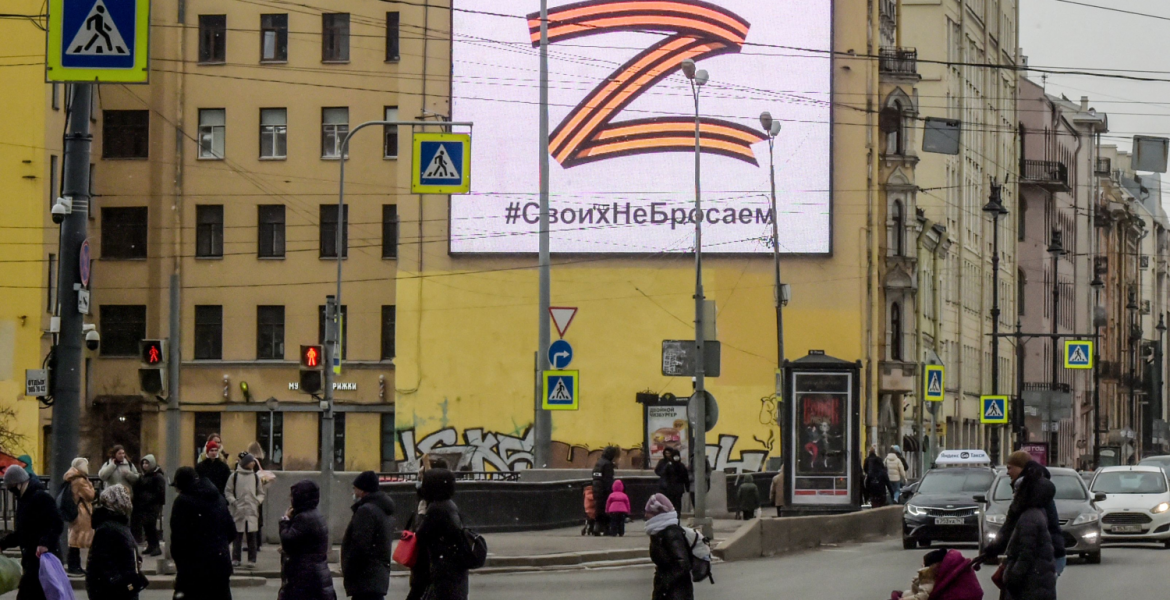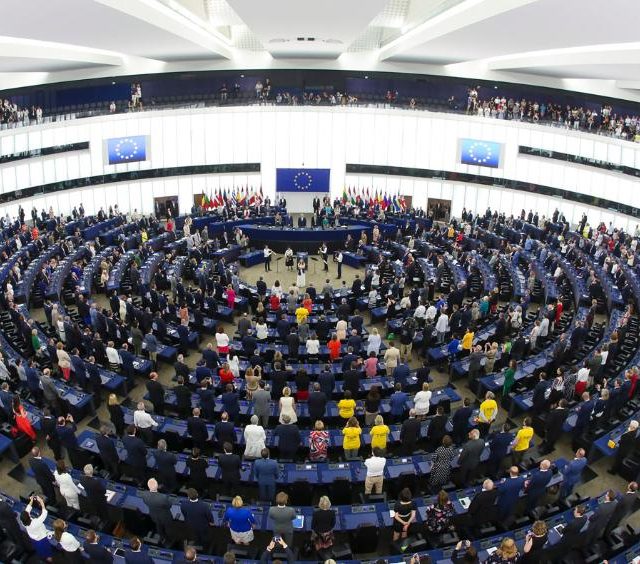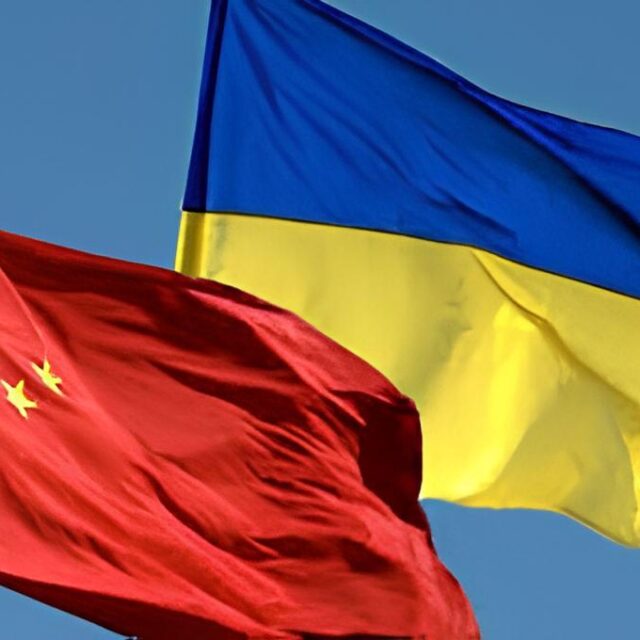Russian propaganda has set a new agenda for its information attacks accusing Ukraine of running biological and bacteriological research under U.S. supervision.
This narrative is actively circulating across Russian Telegram channels. In particular, the Readovka channel has spread allegations that a strain of bat coronavirus had been researched in such laboratories. Maps are being distributed “alleging” the existence of bio-laboratories in every region of Ukraine, except for Kirovohrad. In some large cities, including Kyiv and Kharkov, there are several such laboratories, according to the propaganda claim.
These insinuations are intended to support the next round of Russia’s information war aimed at justifying Russia’s invasion of Ukraine. They are intended primarily for the domestic Russian market for the consumption of ordinary Russian citizens, who can easily be deceived and are gullible to receive such nonsensical fabrications about the threat to Russia coming from Ukraine and the West. Having lost the information war, basically by telling outright lies, Russia plans now to strengthen the next wave of information attacks, with dirty PR. Russia will seek to use these stories to justify their military presence in Ukraine, claiming that “our soldiers are dying there for the sake of our future.”
Gag orders, distributed among members of Putin’s United Russia ruling party, were brought to the attention of the Information Resistance group. According to the website of “Information Resistance”, Putin’s political party has issued “gag” orders to their MPs. These consist of a set of propaganda narratives about aggression against Ukraine which are widely used by the Russian media and should be voiced by Putin’s fellow United Russia party members at Russian State Duma meetings.
The new black PR campaign is “Ukraine designed the coronavirus.” The narrative’s target audience are mainly the uneducated lower classes, which have suffered disproportionately from the pandemic. Due to the stereotypical and primitive thinking of this level of Russian society, the Kremlin seeks to raise a “wave of popular anger” against Ukraine, and to demonise the entire country. The script would be worthy of the BBC comedy “Monty Python” if it were not so sinister.
This message might then be used in future to justify the expansion of Russian aggression towards the western regions of Ukraine. It is also possible that the transition of clichéd propaganda to such nonsensical fantasies indicates that Russia may now be experiencing a shortage of military resources to deploy in Ukraine, and is investing in black PR instead.




